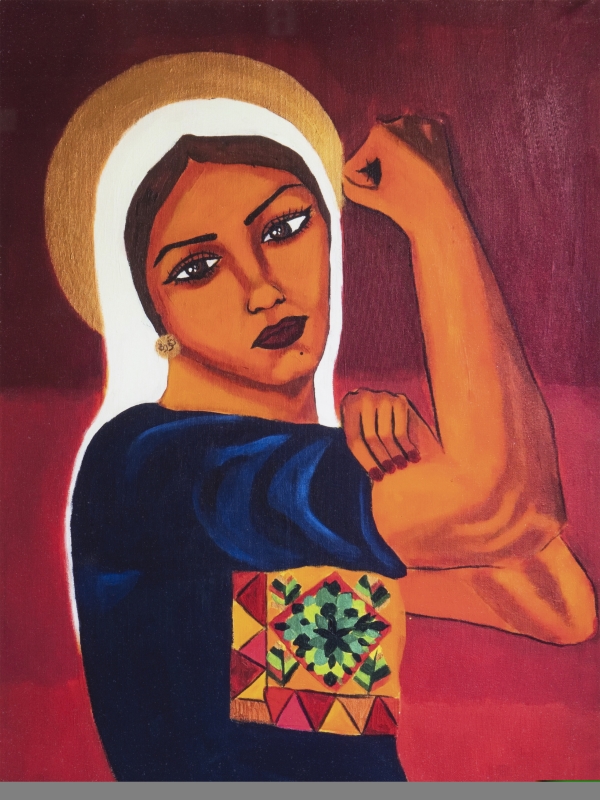'A Circus of Sound Shaped From Many Tongues'
Rethinking Human Rights as a Decolonisation Project
DOI:
https://doi.org/10.31273/fd.n8.2025.1983Abstract
This essay will examine some of the ways in which the principles of universality and anti-colonialism informed the drafting of the UN Charter and the UDHR. My examples are mainly from India and Pakistan, but it is clear that women from many countries - some of whom had won battles against colonial powers in earlier decades, particularly women from Latin America who formed a strong contingent – were deeply invested in making women’s rights an explicit part of the human rights system. Many of the Asian women active in this early phase were also concerned with ending racism and colonial rule and creating enforceable norms that would assist this process. There was no contradiction for them between challenging their own patriarchs and the patriarchal forces of empire.
Downloads

Downloads
Published
Issue
Section
License
Copyright (c) 2025 Gita Sahgal

This work is licensed under a Creative Commons Attribution-NonCommercial-ShareAlike 4.0 International License.
Authors who publish with this journal agree to the following terms:
- Authors retain copyright and grant the journal right of first publication with the work simultaneously licensed under a Creative Commons Attribution Non-Commercial Share Alike License that allows others to share the work with an acknowledgement of the work's authorship and initial publication in this journal, providing it is not used for commercial purposes and any derivative work is shared with the same license.
- Authors are able to enter into separate, additional contractual arrangements for the non-exclusive distribution of the journal's published version of the work (e.g., post it to an institutional repository or publish it in a book), with an acknowledgement of its initial publication in this journal.
- Authors are permitted and encouraged to post their work online (e.g., in institutional repositories or on their website) prior to and during the submission process, as it can lead to productive exchanges, as well as earlier and greater citation of published work (See The Effect of Open Access).
